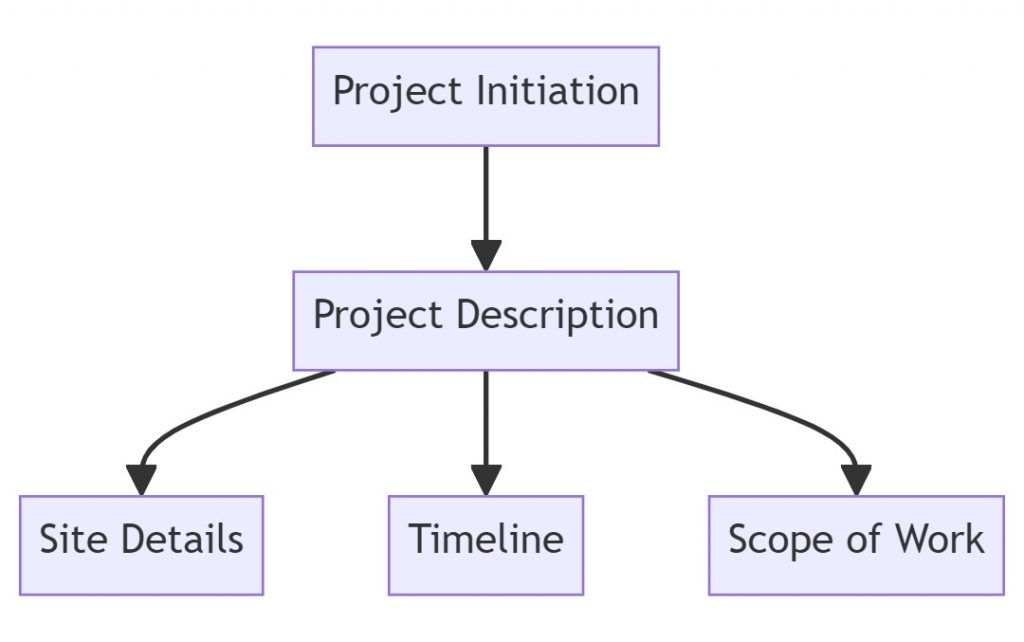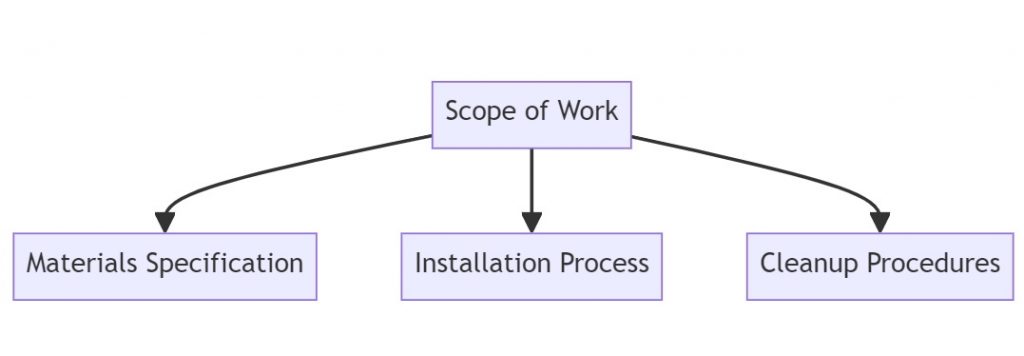Commercial roofing contracts are critical documents that outline the specifics of a roofing project between a contractor and a client. These agreements provide clarity on the project’s scope, materials, timelines, and warranties, which are essential for maintaining a solid, legally-binding understanding on all fronts. A well-drafted contract not only protects both parties but also ensures that the roofing project is completed to the highest standards.
Key Elements of a Commercial Roofing Contract
Detailed Project Description
Every commercial roofing contract must begin with a detailed description of the project. This section should include information about the location, the expected start and end dates, and a thorough description of the work to be performed. This clarity prevents misunderstandings and provides a clear roadmap for the project’s execution.

Scope of Work
The scope of work section delineates the specific tasks the roofing contractor will perform. It should list the types of materials to be used, the installation process, and the cleanup procedures. This comprehensive detailing ensures that both the contractor and client are on the same page regarding what the project will entail.

Material Specifications
Specifying the materials is a crucial aspect of the roofing contract. This part should define the quality, brand, and type of materials to be used for the project. This specificity ensures that the roof will be constructed with materials that meet the client’s expectations for durability and performance.
Labor and Workmanship
A section on labor and workmanship will outline the standards expected of the workers on the project. It also serves as a benchmark for the level of quality that the completed roofing system must meet.
Pricing and Payment Terms
Pricing is one of the most critical sections of a roofing contract. It should detail the total cost, payment schedule, and any deposits or retainers required. Clear payment terms help prevent financial disputes throughout the duration of the project.
Warranty Information
A robust commercial roofing contract will provide detailed warranty information, including what is covered, the warranty duration, and the procedure for filing a claim. A comprehensive warranty section gives clients peace of mind regarding their investment.
Licensing and Insurance
Confirming that a roofing contractor is licensed and insured is vital. This section protects clients from liability in the event of accidents or damage during the project. A responsible contractor will always be transparent about their credentials.
Project Management and Communication
Site Management
The contractor should outline how the project site will be managed, detailing safety protocols, hours of work, and measures to minimize disruption to the client’s business operations.
Communication Protocols
Effective communication channels are vital to a project’s success. The contract should state how communication will be handled, including the frequency of updates and the point of contact for both parties.
Termination Clauses
Understanding the circumstances under which the contract can be terminated is essential. This section should cover conditions such as non-payment, non-performance, or breach of contract.
Dispute Resolution
A dispute resolution clause outlines the steps that will be taken to resolve any disagreements that may arise during the project. This can include negotiations, mediation, or arbitration, providing a clear path to solving conflicts.
Conclusion
A comprehensive commercial roofing contract is a cornerstone of any successful roofing project. It provides a clear, detailed account of what is expected from both the client and the contractor, ensuring that the project is completed efficiently, effectively, and to the satisfaction of all involved parties.
By meticulously reviewing and understanding every aspect of the commercial roofing contract before signing, clients can safeguard their investments and avoid potential legal complications. In the realm of commercial roofing, a well-crafted contract is not just a formality—it is the foundation of trust and quality workmanship.

